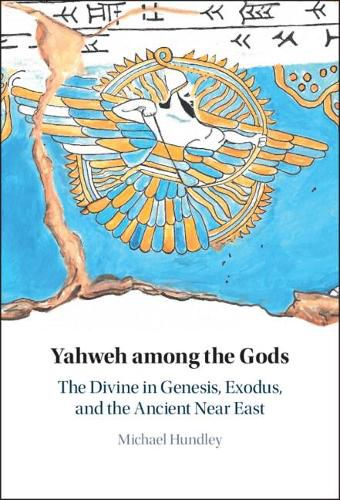Readings Newsletter
Become a Readings Member to make your shopping experience even easier.
Sign in or sign up for free!
You’re not far away from qualifying for FREE standard shipping within Australia
You’ve qualified for FREE standard shipping within Australia
The cart is loading…






In this study, Michael Hundley explores the diverse deities of ancient Near Eastern and biblical literature, from deified doors and diseases to the masters of the universe. Using data from Mesopotamia, Hittite Anatolia, Egypt, the Levant, and non-priestly Genesis and Exodus, Hundley explains their context-specific approach to deity, which produces complex and seemingly contradictory portraits. He suggests that ancient deities gained prominence primarily by co-opting the attributes of other deities, rather than by denying their existence or inventing new powers. He demonstrates that the primary difference between biblical and ancient Near Eastern presentations lies in their rhetorical goals, not their conceptions of gods. While others promote divine supremacy, Genesis and Exodus promote exclusive worship. Hundley argues that this monolatry redefined the biblical divine sphere and paved the way for the later development of monotheism and monotheistic explanations of evil.
$9.00 standard shipping within Australia
FREE standard shipping within Australia for orders over $100.00
Express & International shipping calculated at checkout
In this study, Michael Hundley explores the diverse deities of ancient Near Eastern and biblical literature, from deified doors and diseases to the masters of the universe. Using data from Mesopotamia, Hittite Anatolia, Egypt, the Levant, and non-priestly Genesis and Exodus, Hundley explains their context-specific approach to deity, which produces complex and seemingly contradictory portraits. He suggests that ancient deities gained prominence primarily by co-opting the attributes of other deities, rather than by denying their existence or inventing new powers. He demonstrates that the primary difference between biblical and ancient Near Eastern presentations lies in their rhetorical goals, not their conceptions of gods. While others promote divine supremacy, Genesis and Exodus promote exclusive worship. Hundley argues that this monolatry redefined the biblical divine sphere and paved the way for the later development of monotheism and monotheistic explanations of evil.